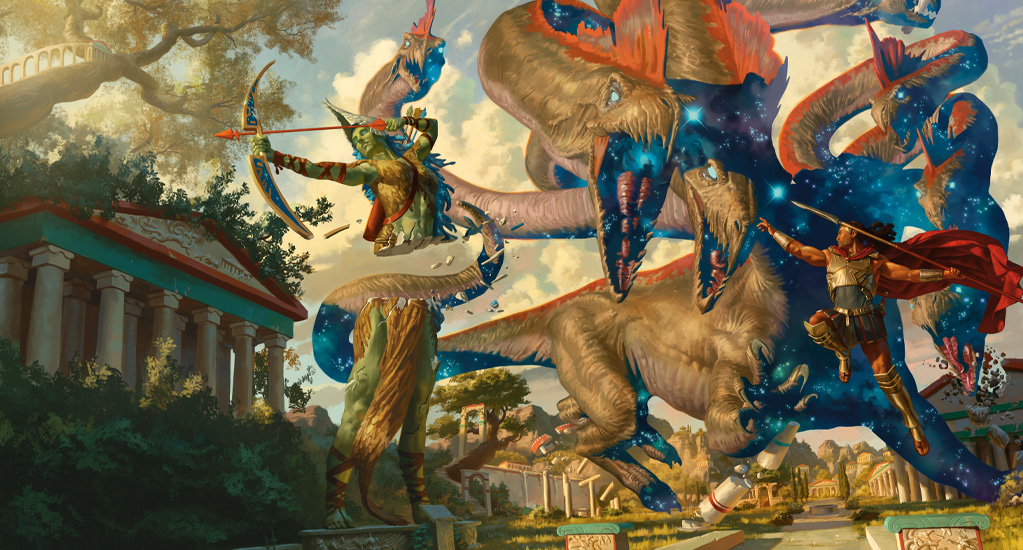WotC has shared a video explaining the Dragonlance setting, and what to expect when it is released in December.
Notes --
World at War: Introduces war as a genre of play to fifth edition Dungeons & Dragons.
Dragonlance: Introduces the Dragonlance setting with a focus on the War of the Lance and an overview of what players and DMs need to run adventures during this world spanning conflict.
Heroes of War: Provides character creation rules highlighting core elements of the Dragonlance setting, including the kender race and new backgrounds for the Knight of Solamnia and Mage of High Sorcery magic-users. Also introduces the Lunar Sorcery sorcerer subclass with new spells that bind your character to Krynn's three mystical moons and imbues you with lunar magic.
Villains: Pits heroes against the infamous death knight Lord Soth and his army of draconians.
Dragonlance: Introduces the Dragonlance setting with a focus on the War of the Lance and an overview of what players and DMs need to run adventures during this world spanning conflict.
Heroes of War: Provides character creation rules highlighting core elements of the Dragonlance setting, including the kender race and new backgrounds for the Knight of Solamnia and Mage of High Sorcery magic-users. Also introduces the Lunar Sorcery sorcerer subclass with new spells that bind your character to Krynn's three mystical moons and imbues you with lunar magic.
Villains: Pits heroes against the infamous death knight Lord Soth and his army of draconians.
Notes --
- 224 page hardcover adventure
- D&D's setting for war
- Set in eastern Solamnia
- War is represented by context -- it's not goblins attacking the village, but evil forces; refugees, rumours
- You can play anything from D&D - clerics included, although many classic D&D elements have been forgotten
- Introductory scenarios bring you up to speed on the world so no prior research needed




